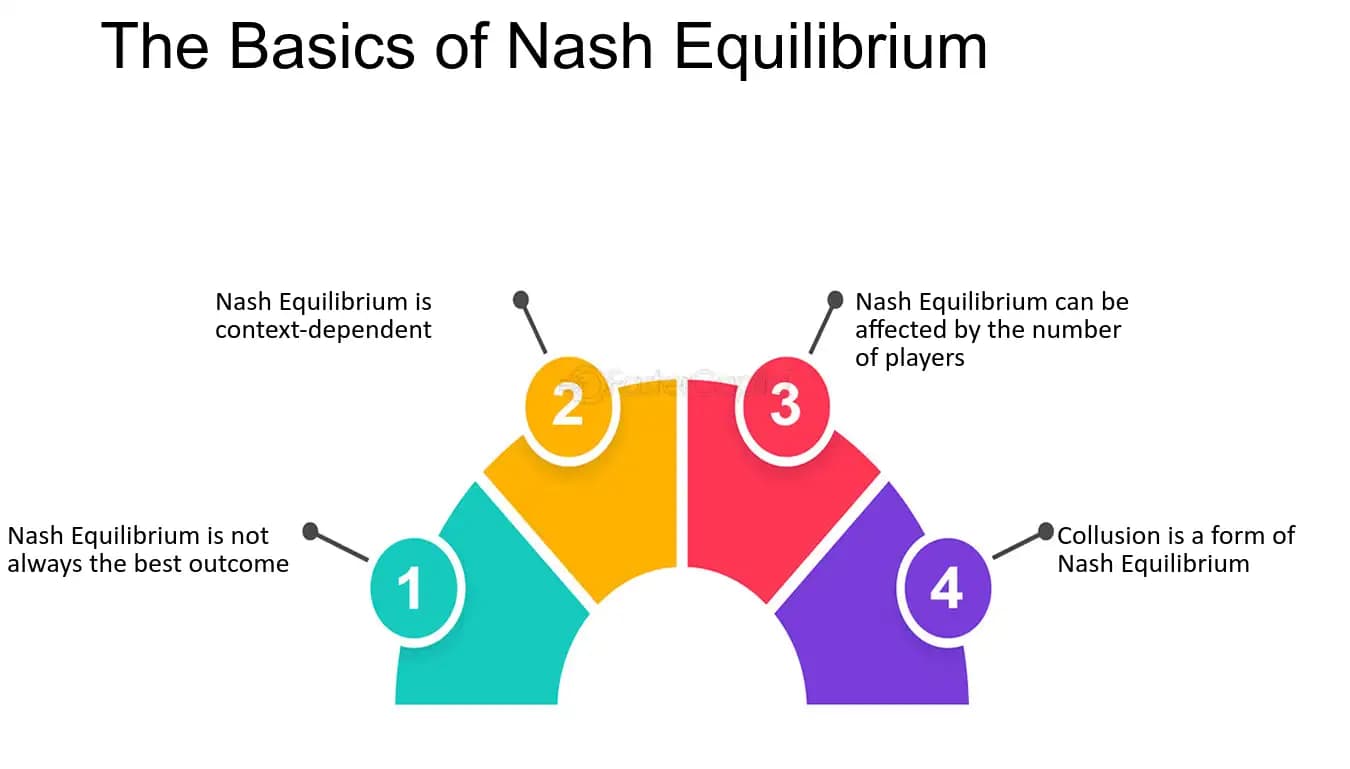HackerNoon Article Details Non-Cooperative Game Theory Perspective on Fair Economy's Nash Equilibrium

A recent article published on HackerNoon, titled "The Nash Equilibrium of a Fair Economy: A Non-Cooperative Game Theory Perspective," explores the theoretical existence and efficiency of a self-enforcing Nash equilibrium within a free economic system that actively incorporates social justice principles. Penned by author "Tokenomy" and published on September 13, 2025, the piece delves into the complex interplay between individual rational choices and collective societal well-being. The article, announced via a tweet from HackerNoon, states, > "This article explores the existence and efficiency of a self-enforcing Nash equilibrium in a free economy that incorporates social justice."
The core of the discussion centers on the Nash equilibrium, a fundamental concept in game theory where no participant can gain by unilaterally changing their strategy, assuming others' strategies remain unchanged. While free economies typically prioritize unrestricted competition and private ownership, the HackerNoon article introduces the intricate challenge of integrating social justice—the equitable distribution of resources and opportunities—into this framework. This integration aims to create an economic model that is both stable and inherently fair.
Tokenomy's work, part of a broader series that includes "Social Justice in Economics: A New Framework for a Free Economy with Inclusion" and "A New Class of Games: Incorporating Normative Principles into Non-Cooperative Game Theory," proposes that elementary principles of distributive justice can indeed guarantee the existence of a pure-strategy Nash equilibrium. This finding suggests that even in non-cooperative economic games, fair principles can lead to a stable state where agents freely choose their inputs and derive utility, without the need for external enforcement.
This theoretical exploration resonates with ongoing academic research, which frequently questions whether ethical principles can ensure self-enforcing equilibria in complex real-life settings. The HackerNoon article, referencing similar academic discussions, highlights that such principles can provide a robust foundation for economic stability. Illustrations of this theory extend to applications such as exchange economies, surplus distribution, and even addressing bias in systems like academic peer review.
The implications of this framework are substantial for economic policy and the design of future market structures. By demonstrating that social justice can be an integral component of a stable and efficient economic equilibrium, the research challenges traditional economic views that often perceive social interventions as market distortions. This perspective opens new avenues for developing economic systems that are not only productive but also inherently equitable, fostering long-term societal benefits and stability.